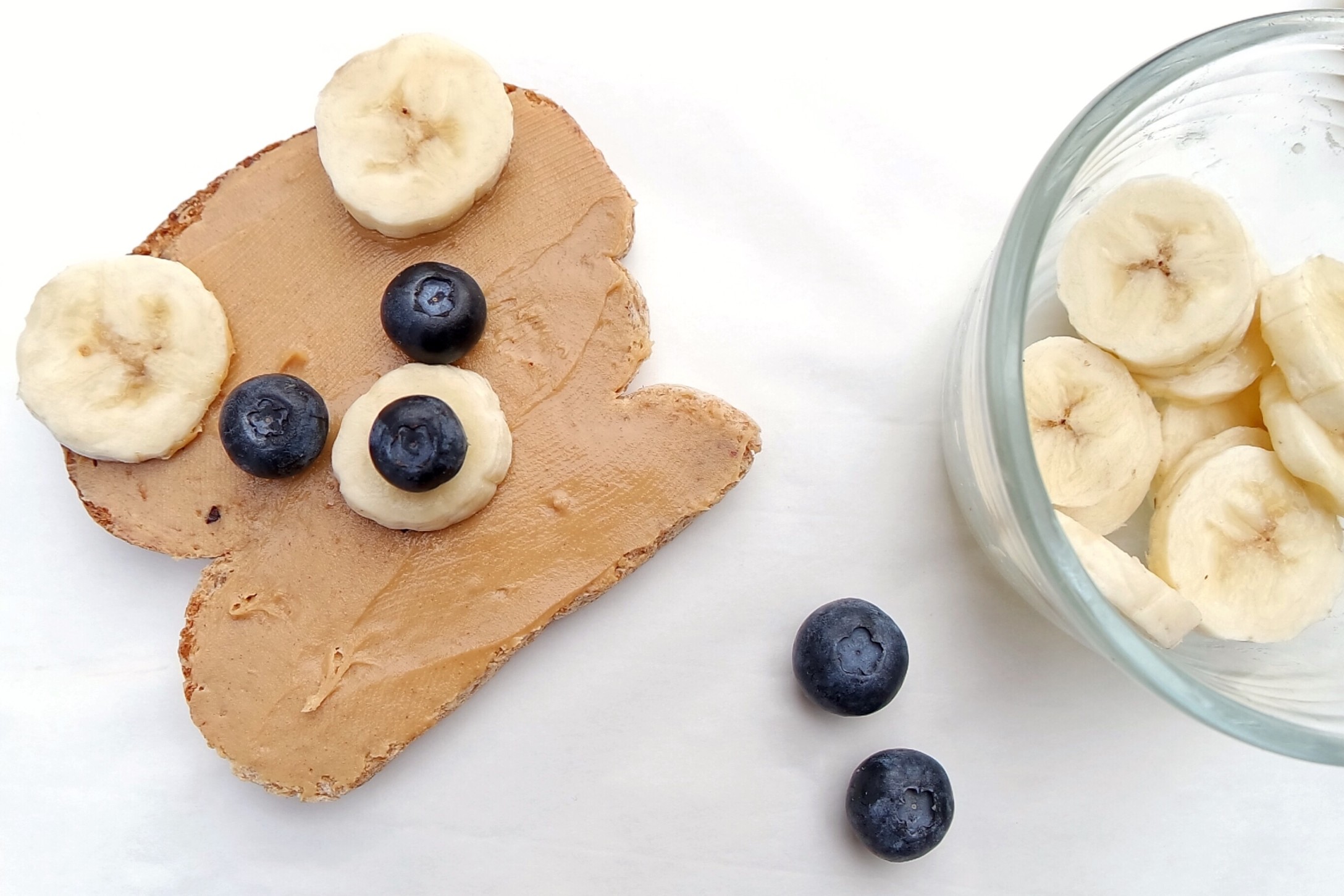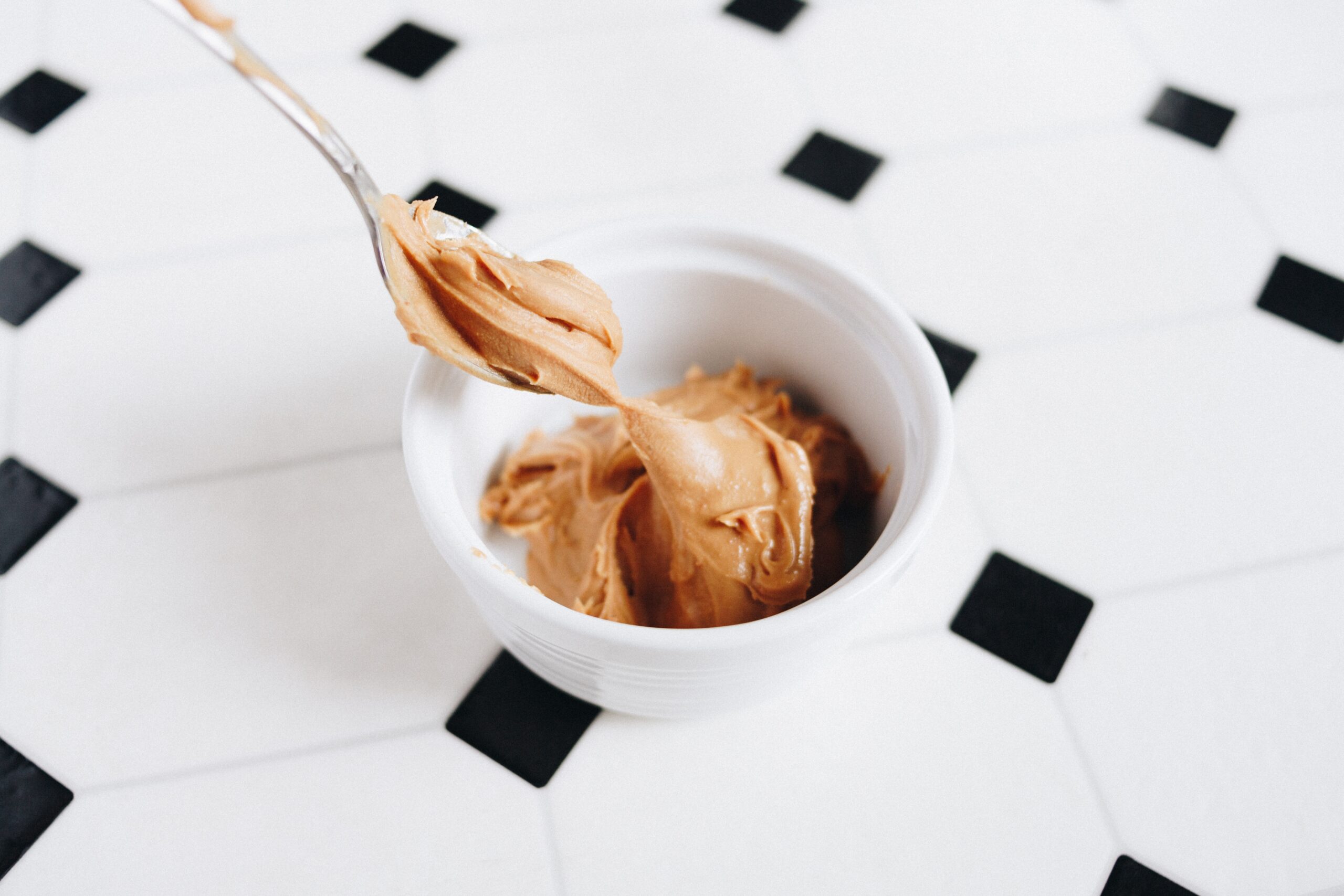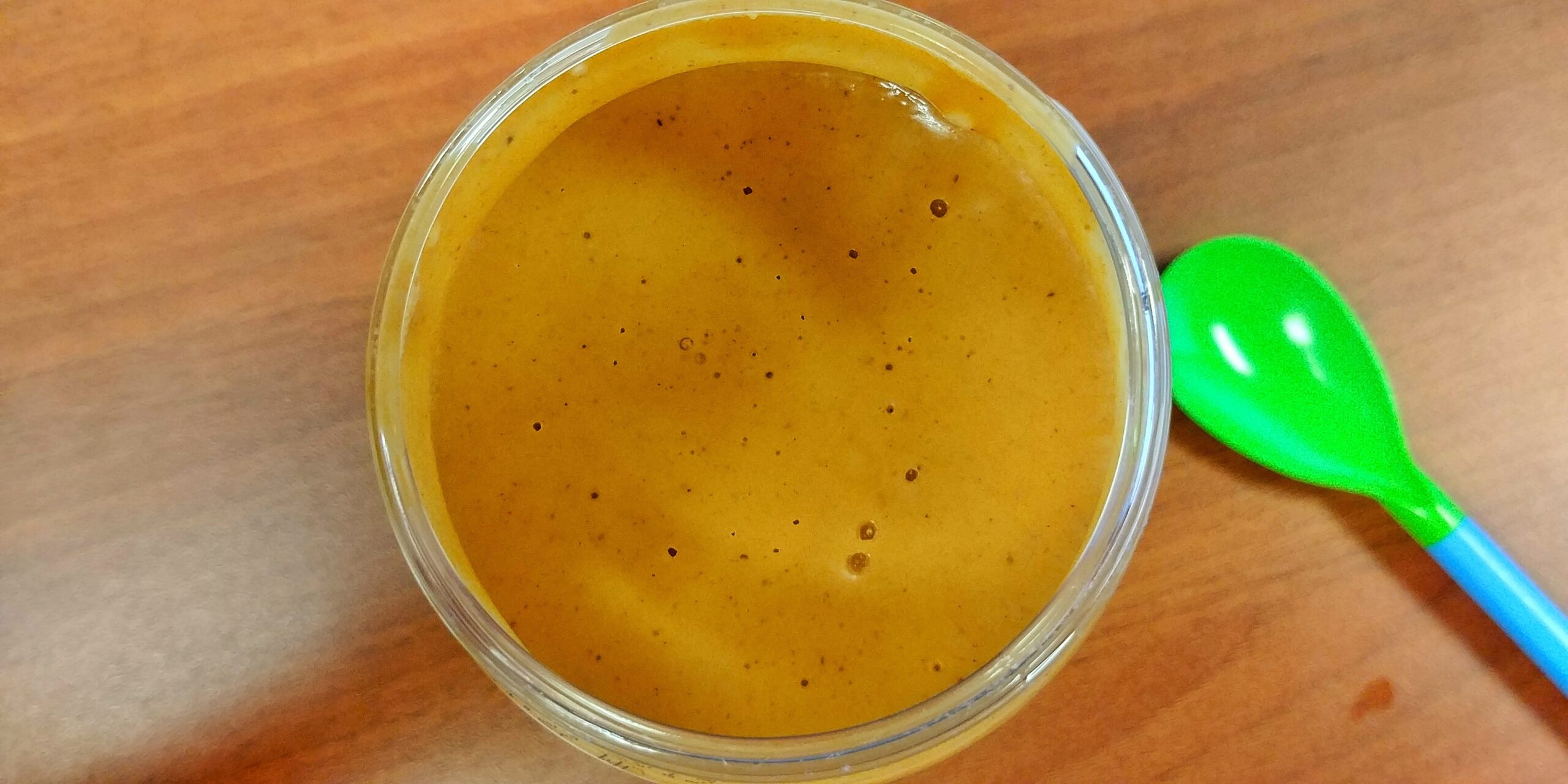
In this article
Many parents might worry about when it’s the right time to introduce their baby to peanut butter, so if you’re wondering about the rules for peanut butter and babies might be, here is a handy guide.
For those of us who are not allergic, peanut butter is the stuff of the gods — chunky or creamy, spread on bread or eaten with a spoon. There is nothing quite as comforting as peanut butter. But for families who have allergies, something as classic as a PB&J can be deadly. As a parent, it’s understandable that you would want to do everything you can to avoid anything that could put your baby at risk for allergies. So, when should you introduce babies to peanut butter? Will introducing them too early cause allergies? Here’s what the experts say.
Is it safe to give babies peanut butter?

Some parents may worry that introducing their baby to peanut butter too early could spur an allergy to develop, and in the past, it was recommended that if your family had a known history of allergies, you should delay giving your baby peanut butter in order to avoid a peanut allergy.
However, the latest research from the American Academy of Pediatrics (AAP) as of March 2019 states that introducing peanut-based foods to infants early on in life may actually help prevent peanut allergies. The AAP also found that there is no evidence to support restricting anything from a mother’s diet while she’s breastfeeding in order to prevent allergies, so feel free to eat that peanut butter toast, breastfeeding moms!
The AAP’s report also looked at eight of the most common allergens — cow’s milk, eggs, fish, crustacean shellfish, tree nuts, peanuts, wheat and soybean — and found that across the board, there is no reason to delay giving allergen-containing foods to babies as age-appropriate.
Specifically, the guidelines from National Institute of Allergy and Infectious Diseases (NIAID) state that infants without eczema or any food allergy be “freely introduced” to age-appropriate foods with peanuts.
When can babies eat peanut butter?

Twenty20
So, what exactly is that magic age-appropriate number? Well, according to the AAP, you can introduce peanut-containing foods as soon as your baby begins solid foods. There is no right time to introduce solid foods, and every baby is different, but the AAP recommends that all be exclusively breast or bottle fed until at least 6 months old. After 6 months old, you can introduce solid foods, although your baby should still continue to receive breast milk or formula as a main source of nutrition.
When you are ready to introduce peanut butter to your baby, the AAP recommends being cautious about what you give them, because peanut butter and whole peanuts can be a choking hazard. Instead, the AAP suggests introducing peanut butter to a baby’s diet by thinning and mixing peanut butter with other foods, such as baby cereal or yogurt.
“I just mix it with foods it tastes good with, like banana, or put a little on some bread,” said Jen, a mom of two. “Sometimes I just give her some on my finger.”
An important rule to know

Twenty20
The only exception to the peanut butter rule is actually in infants who are at high-risk for peanut allergies: Infants who have severe eczema and/or an egg allergy are classified as high risk for peanut allergies. In those cases, the NIAID recommends introducing peanut-based foods even earlier, as early as 4 months old, under the supervision of a health care provider, “because that could mean they’re more prone to an allergic reaction,” pediatrician Dr. Lauren Crosby explained.
In those cases, your doctor may recommend allergy testing and introducing peanut-containing foods under a controlled environment.
“We encourage parents to talk to their pediatrician or allergist about the symptoms of allergies and whether their child should be tested,” explained Dr. A. Wesley Burks in the AAP’s new findings. “The physician can help track any changes in allergies, some of which may go away as a child grows older.”
How to spot a peanut allergy in babies

Twenty20
Once you do introduce peanut-based foods to your baby, you will want to be on the lookout for any possible adverse reactions. You should know how to tell if your baby is showing signs of a peanut allergy.
For example, photographer L. Michelle was told by her doctor to give her son peanut butter before he turned 6 months old, so she introduced it at 5 months. Unfortunately, her son suffered a severe reaction to the peanut butter and she had to rush him to the hospital.
“His whole face was completely swollen, his eyes were almost swollen shut and he was having a hard time breathing,” she described. “I am so lucky I got him to the hospital as quickly as I did!”
Allergies can be life-threatening, and since a baby can’t tell you that it feels like their throat is closing up or they feel itchy, here are some tips on how to identify some of the symptoms of a food allergy in a baby:
- Skin rashes, like eczema or hives
- An increase in sneezing
- Vomiting or spitting up more
- Diarrhea
- Diaper rash
- Coughing
- Runny nose
- Colic
- Older babies may also put their hands in their mouth or appear to pulling or scratching at their throat or tongue.
So, to sum up: Babies who are not do have severe eczema or an allergy to eggs can be introduced to peanut butter as soon as they begin eating solid foods, after 6 months of age. If your baby has severe eczema, an egg allergy, or if you simply have concerns or questions about introducing peanut butter, be sure to speak with a pediatrician about the best way to give your baby peanut butter.







